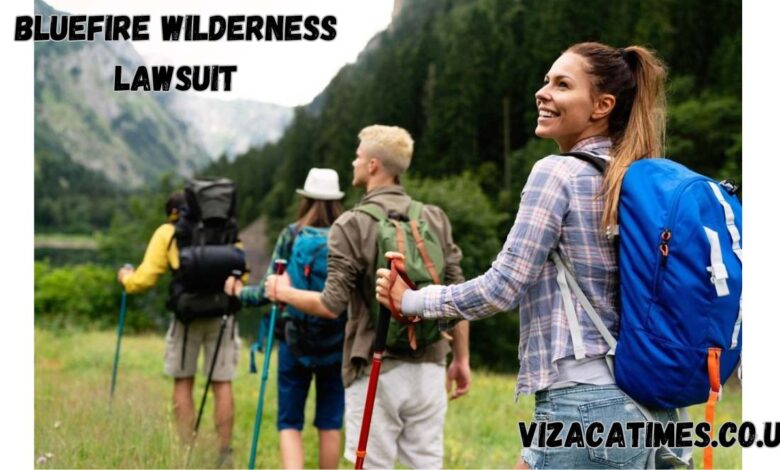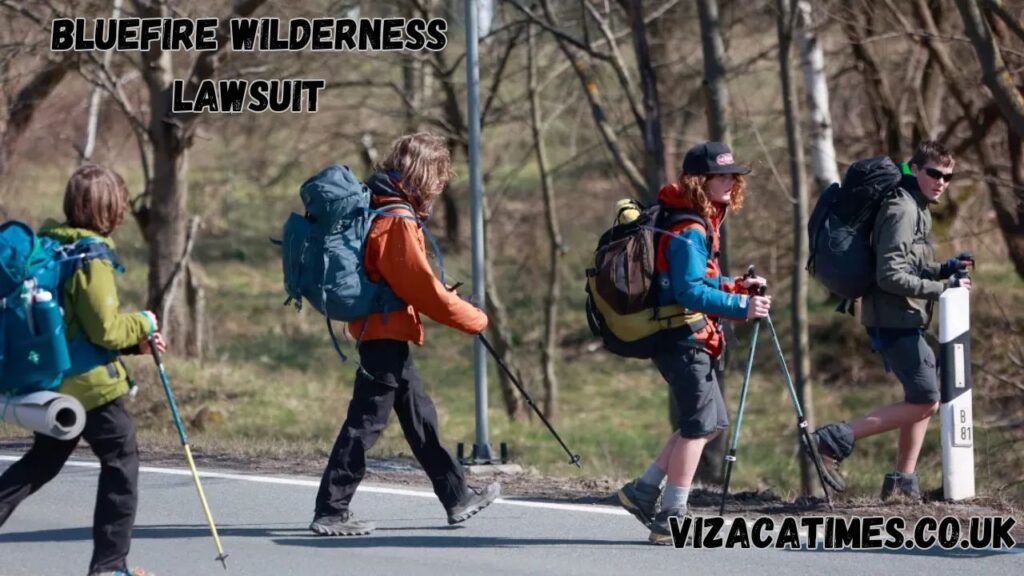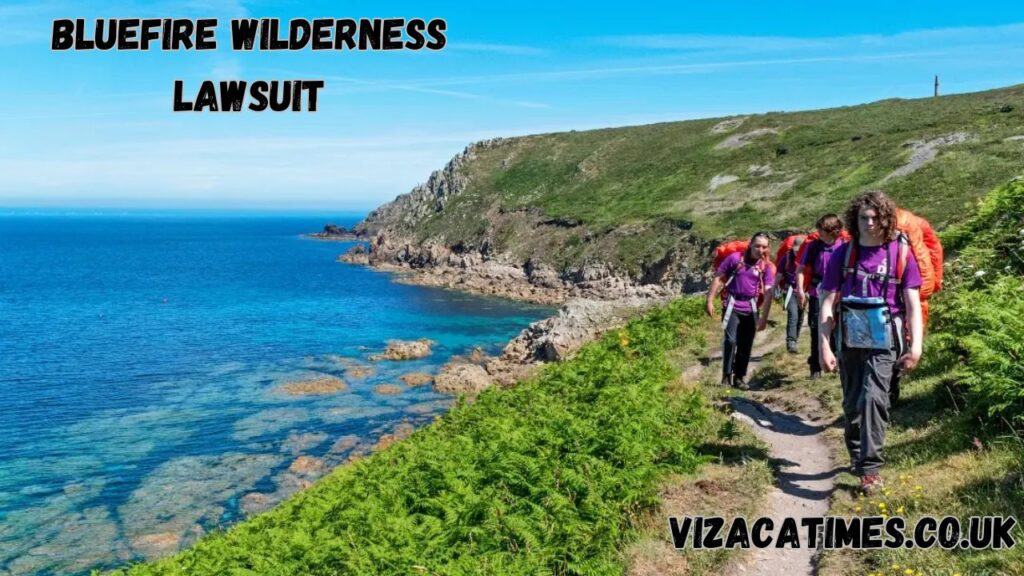BlueFire Wilderness Lawsuit: Understanding the Concerns Behind the Controversy

What Is the “BlueFire Wilderness Lawsuit”?
The term “BlueFire Wilderness lawsuit” has emerged online as people search for information related to legal action involving BlueFire Wilderness Therapy, a wilderness treatment program for troubled teens. This type of search suggests public interest in either ongoing or past legal claims, possibly involving the program’s practices, staff, or the well-being of participants.
While details may vary depending on the case or complaint, the term typically points to concerns over alleged misconduct, negligence, or dissatisfaction related to how BlueFire Wilderness operates. Like many therapeutic wilderness programs, it sits at the center of a growing national discussion about youth treatment, consent, transparency, and accountability.
What Is BlueFire Wilderness?

BlueFire Wilderness Therapy, located in Idaho, is one of several programs in the United States offering wilderness therapy for adolescents and young adults. These programs claim to help youth overcome behavioral challenges, mental health struggles, or substance-related issues through structured outdoor experiences, therapy, and group work.
Families often turn to wilderness therapy as a last resort—when traditional approaches have failed or when a child is in crisis. BlueFire advertises a blend of outdoor survival skills, clinical therapy, and individualized treatment plans. However, not all experiences within these programs are positive, and some have led to legal disputes or critical media attention.
Why Do Lawsuits Arise in Wilderness Therapy?
Programs like BlueFire operate in isolated, rural settings, far from public scrutiny. While many report positive outcomes, others criticize wilderness therapy for:
- Alleged lack of proper medical care
- Untrained or underqualified staff
- Emotional or physical distress caused by the environment
- Inadequate safety protocols
- Alleged emotional manipulation or trauma
- Disputes over forced participation and parental consent
These issues can give rise to civil lawsuits filed by former participants or their families, alleging negligence, abuse, or emotional harm. The phrase “BlueFire Wilderness lawsuit” is a signal that people are seeking transparency around these kinds of claims.
What Allegations Have Been Associated?
Though specific case details may not always be publicly available, search trends and forum discussions indicate that:
- Some families have reported dissatisfaction with the care provided
- There are concerns about psychological effects following program participation
- Lawsuits may involve claims of mistreatment, misrepresentation, or trauma
- Allegations may also center around the handling of emergencies, consent, or the behavior of staff members
In most cases, these lawsuits are civil, not criminal, and may result in financial settlements, internal investigations, or program adjustments.
The Broader Industry Context
BlueFire is part of a broader industry sometimes referred to as the “Troubled Teen Industry.” This term encompasses boarding schools, wilderness camps, and residential treatment centers that cater to youth facing behavioral or emotional challenges. In recent years, the industry has been the subject of:
- Documentaries and exposés
- Advocacy from survivors
- Legislative calls for reform
- High-profile lawsuits against multiple programs
The #BreakingCodeSilence movement, for example, is a campaign started by former program participants who allege abuse and mistreatment in similar settings. While not all programs are involved, the movement has prompted public scrutiny, including investigations and legal reforms in several U.S. states.
What to Consider if You’re Researching a Lawsuit
If you’re looking into the BlueFire Wilderness lawsuit, it’s essential to:
- Confirm the credibility of the source
- Review public court records in Idaho or federal databases
- Be aware of non-disclosure agreements that may limit available information
- Separate verified legal action from anecdotal reports or rumors
Some claims may never reach court due to private settlements or because families choose not to pursue legal action. Still, consistent reports of negative experiences can paint a troubling pattern.
Are All Wilderness Programs the Same?

Not all wilderness therapy programs operate in the same way. Standards, staff training, medical oversight, and program philosophies can differ significantly. Lawsuits and allegations tied to one program, like BlueFire, don’t necessarily apply across the board—but they do raise important questions about regulation, oversight, and family accountability.
There’s growing consensus that more transparency, regulation, and third-party monitoring is needed in the industry, especially when dealing with vulnerable populations like adolescents in crisis.
Final Thoughts: Why the “BlueFire Wilderness Lawsuit” Matters
The growing interest in “BlueFire Wilderness lawsuit” reflects deeper concerns about how therapeutic programs operate behind closed doors. It calls attention to a broader conversation about youth mental health, parental responsibility, corporate accountability, and the long-term effects of wilderness therapy.
As families continue to seek alternatives for struggling teens, it’s crucial that programs like BlueFire are held to ethical, legal, and medical standards. Lawsuits—while serious—can become catalysts for reform, shining a light on where systems fail and what must change.



